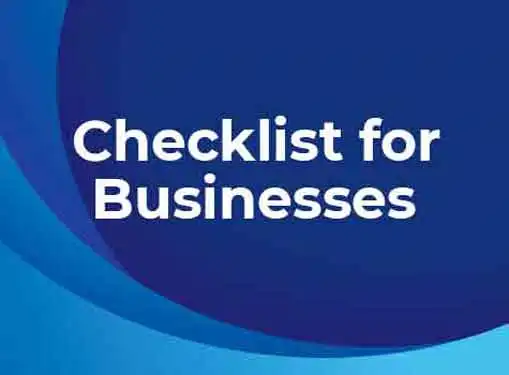Starting Your Business
Checklist for Starting a Small Business - Part 2
Written by Samuel Muriithi for Gaebler Ventures
Starting a small business is a process that requires much thought owing to the rigorous preparations and many details that must all be addressed. What are some of these critical aspects that the entrepreneur must address before he/she opens shop?
Before starting a small business the pricing structure you will adopt for your products or services must be clear.

Ensure that you have an effective formula for this purpose.
Take into account the probable responses that your competition will resort to once you introduce your pricing structure. You should essentially have a backup plan in place.
Identify the type of business structure that you intend to adopt. For each of the conventional structures make sure that you understand what implications you will be open to, and the advantages and disadvantages of each. Wherever necessary consult a lawyer for further advice.
Ensure that before starting your small business you have a good definition of the prospective customers you expect to serve. This is vital because it will in turn help you to devise an effective marketing strategy.
Come up with effective customer retention tactics that will help you consolidate long term relationships with your clients. So as not to face the risk of losing customers think of the things you can do so that they can view these as the advantages of transacting with you.
Think about the type of persons you will need to hire. List the types of skills you will require of them and then ascertain that you can not only find them but you can pay them as well.
On the other hand, if in starting the small business you have plans of employing your relatives or friends, be sure to clarify your expectations of them in most clear terms.
Prior to starting a small business you should have a clear picture of the system of recordkeeping and bookkeeping that you will adopt. These two systems are very critical in ensuring that your business' accounting is up to speed.
Establish the terms of credit that you can get from your prospective suppliers. This must be done with the realization that financing a business does not come cheap. With this in mind, take the time to consult with trustworthy people already in the business as to what you are obligated to do to be given credit purchases.
Similarly, before starting a small business you should also design a plan of action that you will adhere to when you consider giving credit to any of your customers.
Establish what the largest expenses to be involved in your business will be. Follow this up by making plans of how these expenses will be controlled from the outset.
Ensure that you have a clear picture of the time it will take for your business to break even. Also calculate the estimated period it will take for the business to make a return on investment.
Before starting a small business you should ensure that you have accumulated all the required certifications, permits and licenses.
Samuel Muriithi is a business owner in Nairobi, Kenya. He has extensive international business experience in the United States and India.
Share this article
Additional Resources for Entrepreneurs


Conversation Board
We greatly appreciate any advice you can provide on this topic. Please contribute your insights on this topic so others can benefit.